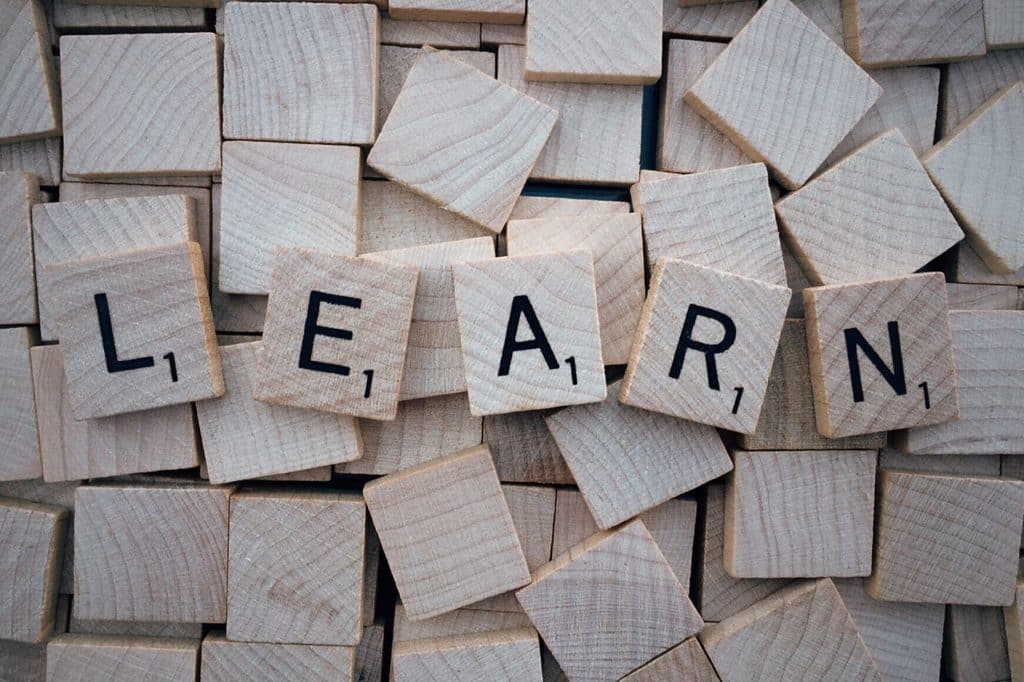By Sanjay Khatnani, Managing Partner, J2 Solutions
Last month, Vijay discussed the importance of mindfulness for project managers—and what we discovered was that the act of being mindful can make you not only more successful, but also kick your skillset up a notch. Today, I’d like talk about another “intangible” that serves as an important foundation for a successful and thriving project manager: learning.
As technology continues to rapidly progress, new disciplines like artificial intelligence, predictive analytics and operational intelligence are breaking into many organizations’ business strategies and quickly becoming a priority. For a project manager, staying current with not only the newer technologies themselves, but also with their organization’s or customers’ existing and evolving business processes in response to these changing technologies is of the utmost importance.
This is where a commitment to learning comes in.
As a project manager, having a deeper level of understanding and an ability to analyze how a business operates not only better positions you to add greater value to your customer or organization, but also sets you apart from other project managers.
Getting to this place is easier than it sounds—and it can be achieved by adopting this simple concept: always be learning.
Now, I’m not talking about learning in the traditional sense, with classrooms, teachers and assignments (although it’s never a bad idea to take a class or learn a new skill). What I’m referring to is a brand of learning that’s based on careful listening—an approach that has proven invaluable in my own career. It’s all about using your everyday interactions and relationships to enrich your knowledge base.
What does careful listening look like for you?
Maybe it’s a conversation with a fellow staffer, industry peer or customer. Have an open dialogue about not only how they “do things,” but also their current challenges and upcoming plans. Go to lunch, meet up at industry events or even engage on social media to see what they’re reading and sharing with their respective communities. This learning-by-listening practice is a powerful way to bring meaning and mindfulness to your daily interactions while you strengthen your foundation of knowledge.
Listening on your personal time can also help you on the job. How? Maybe by engaging your spouse, neighbors and/or friends in a conversation about what’s new in their work environments, you might end up hearing about a new software package that’s delivering great results or a recent innovation. Or maybe watching your child’s Saturday morning soccer game leads to a lively discussion with the parent sitting next to you. In fact, it was at my own neighborhood block party where a neighbor I hadn’t seen in a while showed me a mobile business app that he said would save me time on expense reporting. He wasn’t wrong. You’d be surprised at how often these out-of-office interactions reveal something that can apply to a project you’re currently working on.
Above all, remember to take the time to learn about the environment in which you’re working, including corporate culture, business processes and methodologies. Nothing is a one-size-fits-all; every project, every client, every organization comes with its own story, circumstances and parameters. Learn everything you can about each and every situation you step into and you’ll find yourself on solid footing to achieve success.
Life around you holds unbounded opportunity to learn.
There’s an abundance of free-floating information out there—why not tap into it from every angle? Watch and learn from your fellow project teammates. Seek to understand in great detail not only the spreadsheet at hand, but also the final soft and hard deliverables. Frankly, this is a principle that can be applied to every aspect of life.
With a willingness to learn and listen, you’ll position yourself as an invaluable resource—to your company, to your peers and to your customers. Be the perpetual student.
